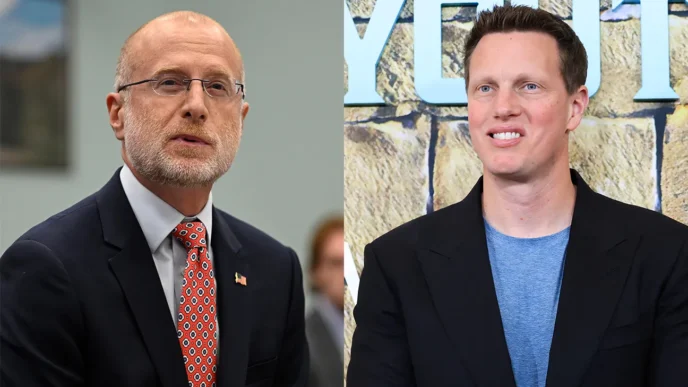For the first time, millennials have become the largest generation in managerial roles across industries, reshaping workplace dynamics in profound ways. This generational shift brings both fresh energy and unique challenges as millennials navigate leadership amidst evolving expectations.
Known for valuing work-life balance and a collaborative atmosphere, millennial managers often foster “buddy vibes” with their teams—blurring traditional lines between supervisors and employees. While this can enhance camaraderie and engagement, it sometimes leads to boundary issues and role confusion.
At the same time, millennial managers report high levels of burnout, juggling the pressures of leadership with the desire to maintain personal well-being and authentic relationships at work. The convergence of these factors means companies must rethink management training, support systems, and workplace culture to adapt to this new reality.
As millennials continue to ascend the leadership ladder, organizations should prepare for a management style that blends empathy with intensity, informality with responsibility, and flexibility with the need for clear boundaries.
















